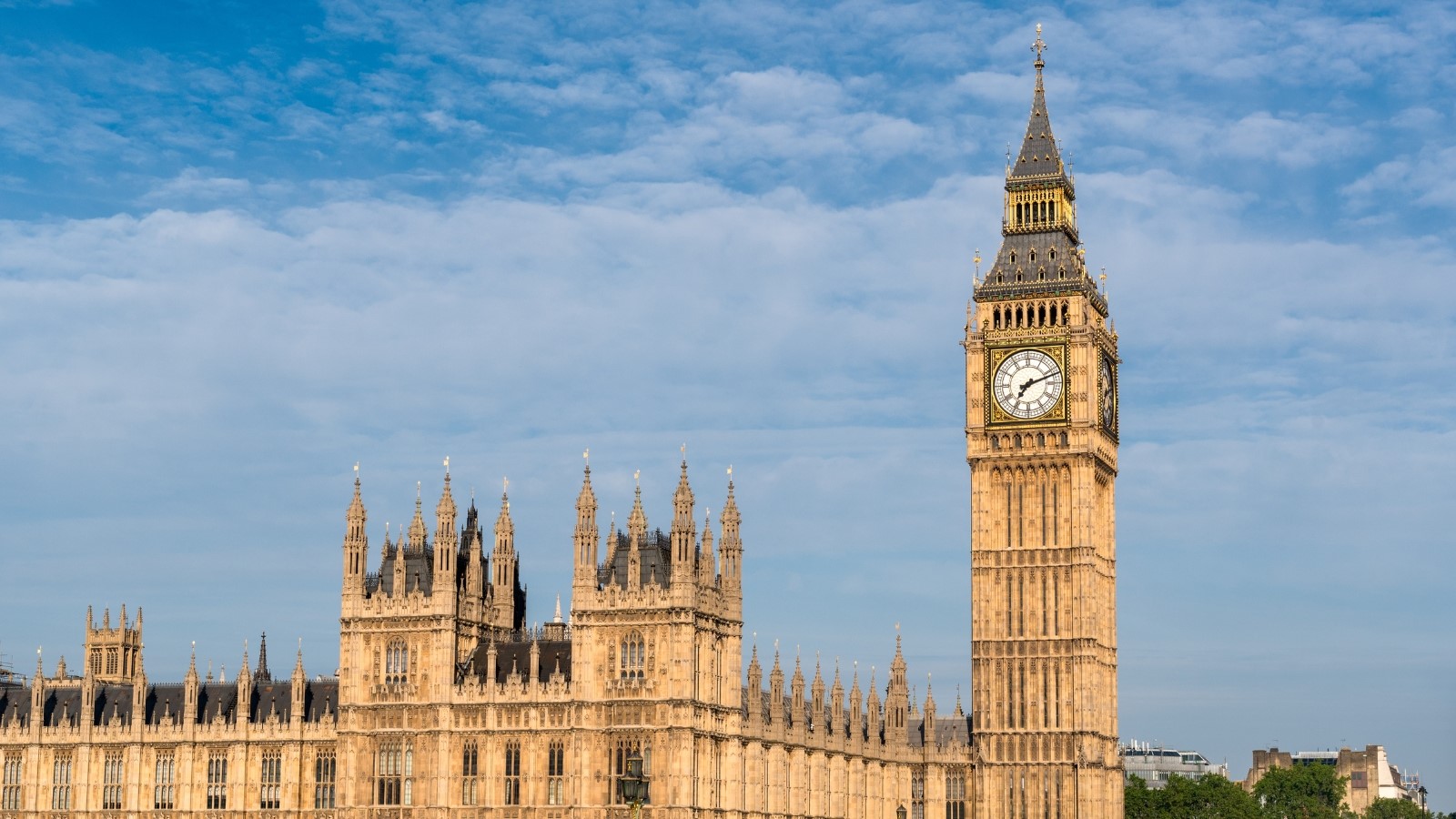Chris Stark to lead Mission Control for Clean Power 2030
10 July 2024

10 July 2024

The former Climate Change Committee boss has been appointed for a new government advisory position which will help deliver Labour’s clean power target.
Appointed by Ed Miliband, Secretary of State for Energy Security and Net Zero, Stark’s new role will see him lead the control centre tasked with delivering clean power for the UK by 2030. This move is part of a bid to transition the UK away from fossil fuels and bolster energy independence to ensure cheaper, cleaner, and reliable energy for households and businesses.
The new Mission Control is being heralded as a “one-stop shop, bringing together a top team of industry experts and officials to troubleshoot, negotiate and clear the way for energy projects.”
The Mission Control will partner with Ofgem, the National Grid, and the Electricity System Operator to remove barriers to clean power connection and address potential issues as they surface. It is anticipated that through this collaborative network, connection processes for renewable energy projects will be much faster and more efficient.
“Tackling the climate crisis and accelerating the transition to clean power is the country’s biggest challenge, and its greatest opportunity,” says Chris Stark. “By taking action now, we can put the UK at the forefront of the global race to net zero – driving down our carbon emissions but also cutting bills for households.”
“Accelerating the decarbonisation of the UK’s energy system is critical to bring bills down in the long term, create new jobs and unlock economic growth across the country,” adds John Pettigrew, Chief Executive of National Grid. “Innovation, collaboration and urgency are key to achieving this, and we’re looking forward to working closely with the government, Ofgem and industry stakeholders as part of the government’s Mission Control.”
Though Labour’s clean power proposals haven’t gone without criticism, experts believe the UK’s emissions could be significantly slashed with the transition to a clean power system by 2030. However, overcoming blockers around connection delays and planning law, is an essential part of delivering on the renewable energy ambition. Currently, grid connection waiting times in the UK can be as long as 15 years.
Mission Control aims to address these barriers and issues and support UK clean energy growth in the most practical and efficient way possible.
To get the ball rolling, Miliband has approached the Electricity System Operator requesting advice on a pathway towards 2030 clean power, including details of the investment and infrastructure needed. Miliband has previously gone on record criticising the “years of underinvestment” which has “left our country suffering energy insecurity.” The advice laid out by Mission Control will be an integral part of developing the new government’s renewable energy investment and infrastructure policies.
The new government has won the election on a promise of growth and these new appointments and directives demonstrate that they understand how vital, rapid national energy security is in achieving this. Delivered effectively, GB Energy has the potential to bring down the energy bills of those most affected by the cost-of-living crisis and we applaud that ambition.
It is also clear that energy security must be tackled in parallel with climate change and the ‘Covid style’ taskforce demonstrates that the new government recognise the scale of the challenge and is putting in tactics to mitigate this.
Our role here is clear; we must hold this new government to account. Steps must be taken to address water pollution and biodiversity decline whilst reducing greenhouse gas emissions, if we are to reaffirm the UK as a world leader on climate action. We need clear direction and strategies to give businesses and individuals the confidence to invest and take action. At Green Economy we also want to ensure that the transition to net zero will bring growth to towns and cities across the UK. By investing in the green technologies sector we ensure a fairer transition to net zero, by building local growth and quality green jobs.


Share